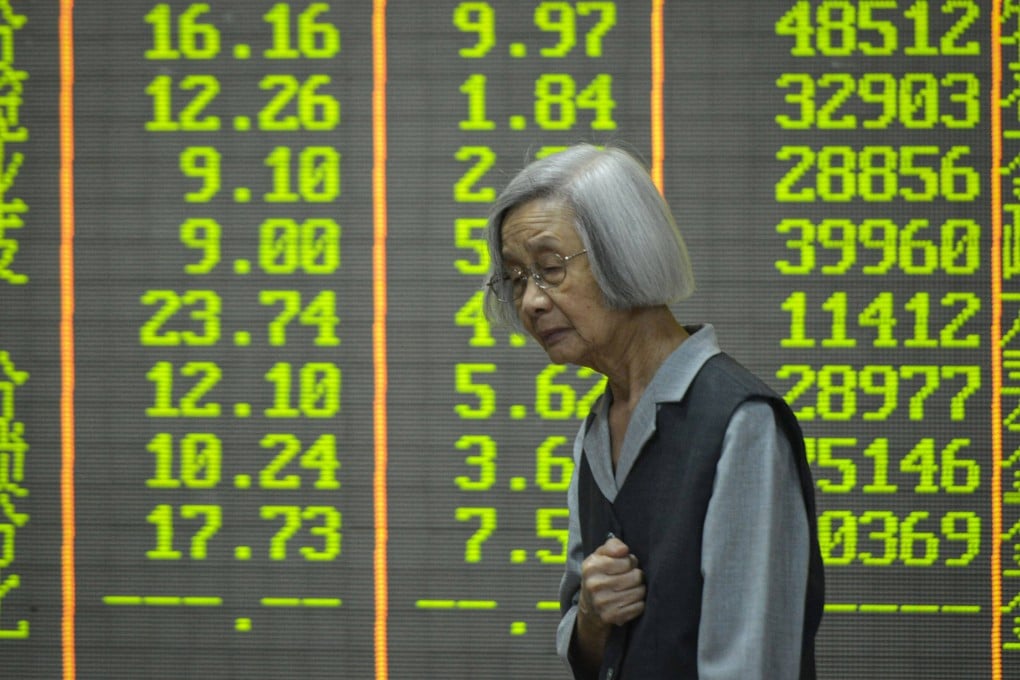Chinese firms set aside US$2.7 billion for stock buy-backs as Trump’s tariffs roil markets
More than 100 companies have announced buy-back plans, including PetroChina, Midea Group and CATL

China’s publicly listed companies have unveiled at least 20 billion yuan (US$2.73 billion) in buy-backs this week, as they set aside resources to prop up their own stock during a global meltdown in equity markets triggered by US President Donald Trump’s tariff war.
These 100 companies are joining several deep-pocketed state funds under the umbrella of the nation’s US$1.3 trillion sovereign wealth fund, as they buy back shares and increase their stakes to prop up prices and prevent a meltdown in the US$10 trillion onshore stock market.
China’s central bank said this week that it would put its financial muscle and relending facilities behind the government’s buy-backs. China Chengtong Holdings Group and China Reform Holdings Corp. said they had allocated 100 billion yuan from the 1.63 trillion yuan of state-owned capital to buy stocks.

These buy-backs “can be effective in containing the spread of panic and reducing the stampede in the market,” said Xu Chi, an analyst at Zhongtai Securities in Shanghai. “Besides curbing short-term volatility, [the biggest] listed companies are also sending a message of confidence in their future earnings to quell any panic [about] their businesses.”
PetroChina, one of China’s three state oil companies, said its controlling shareholder would spend between 2.8 billion and 5.6 billion yuan to raise its stake in the company, making it the second-largest pledge this week. CNOOC, China’s offshore oil prospecting and extraction company, plans to buy back 4 billion yuan worth of shares. Midea, which owns the German robotics company Kuka, has set aside 3 billion yuan to prop up its stock.